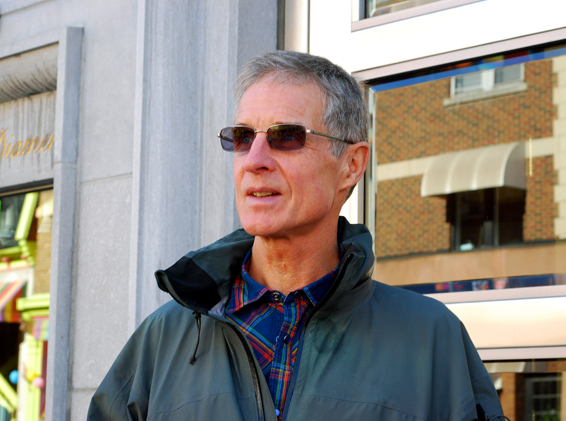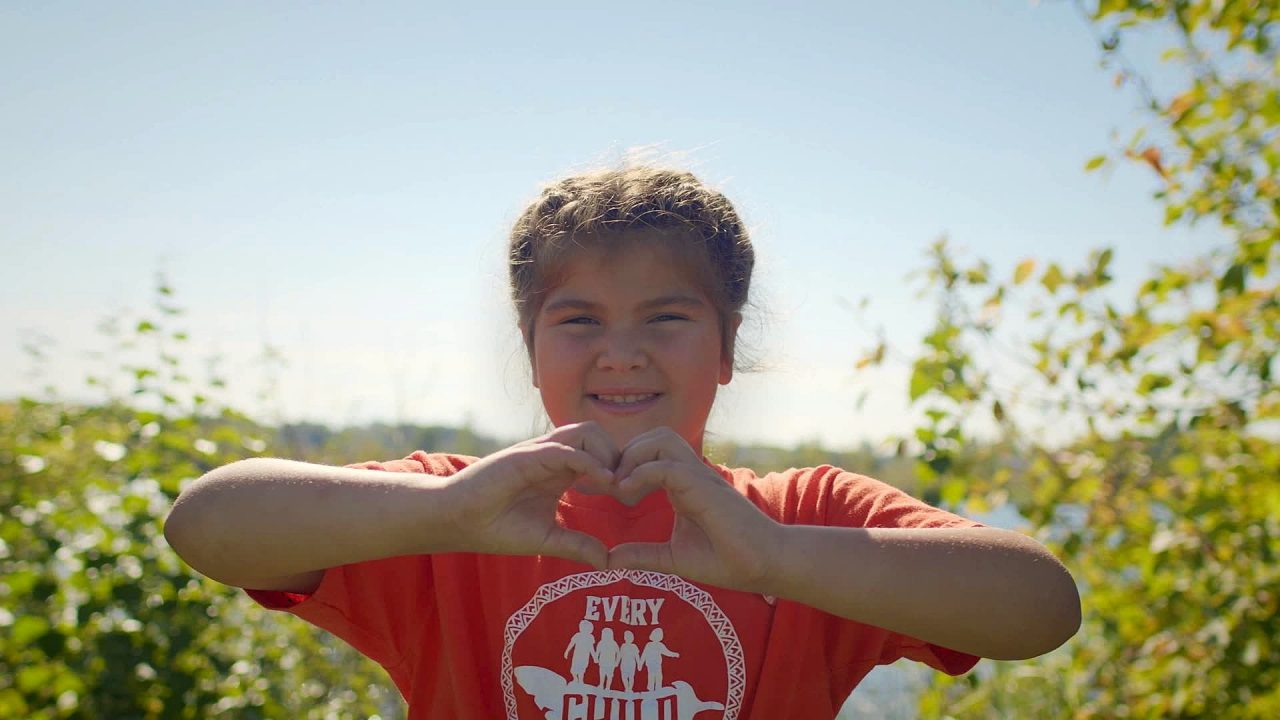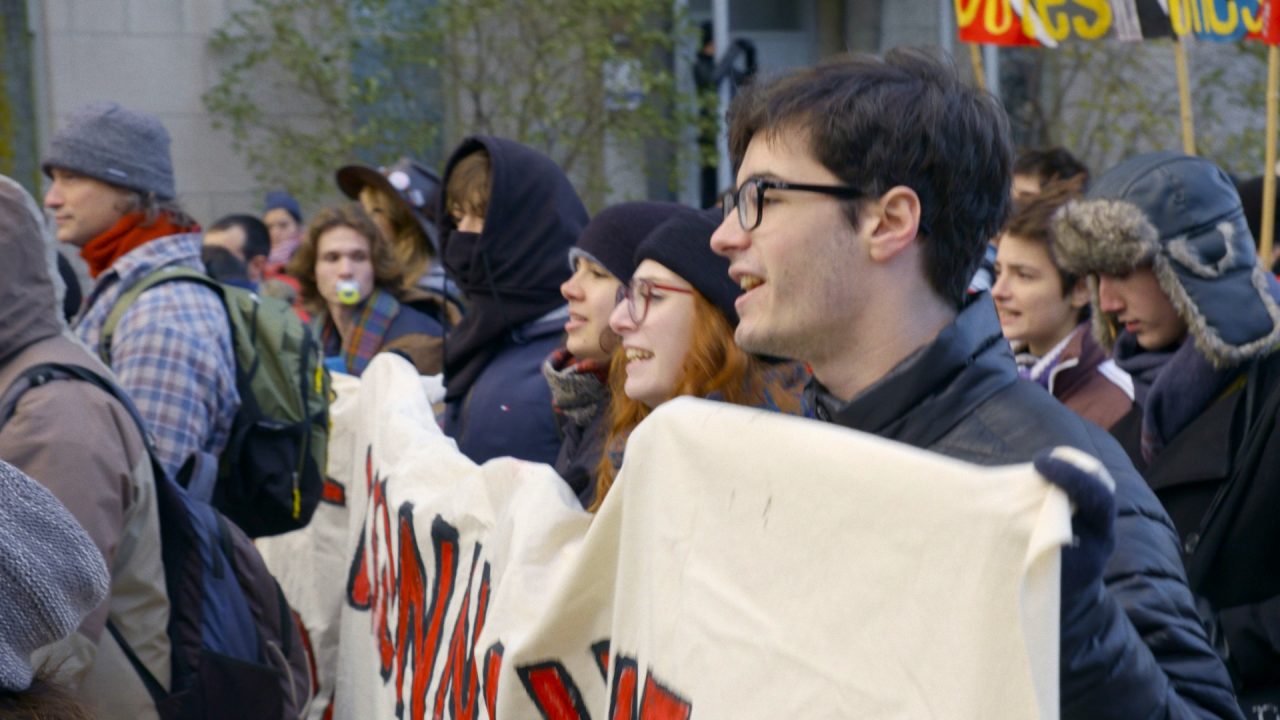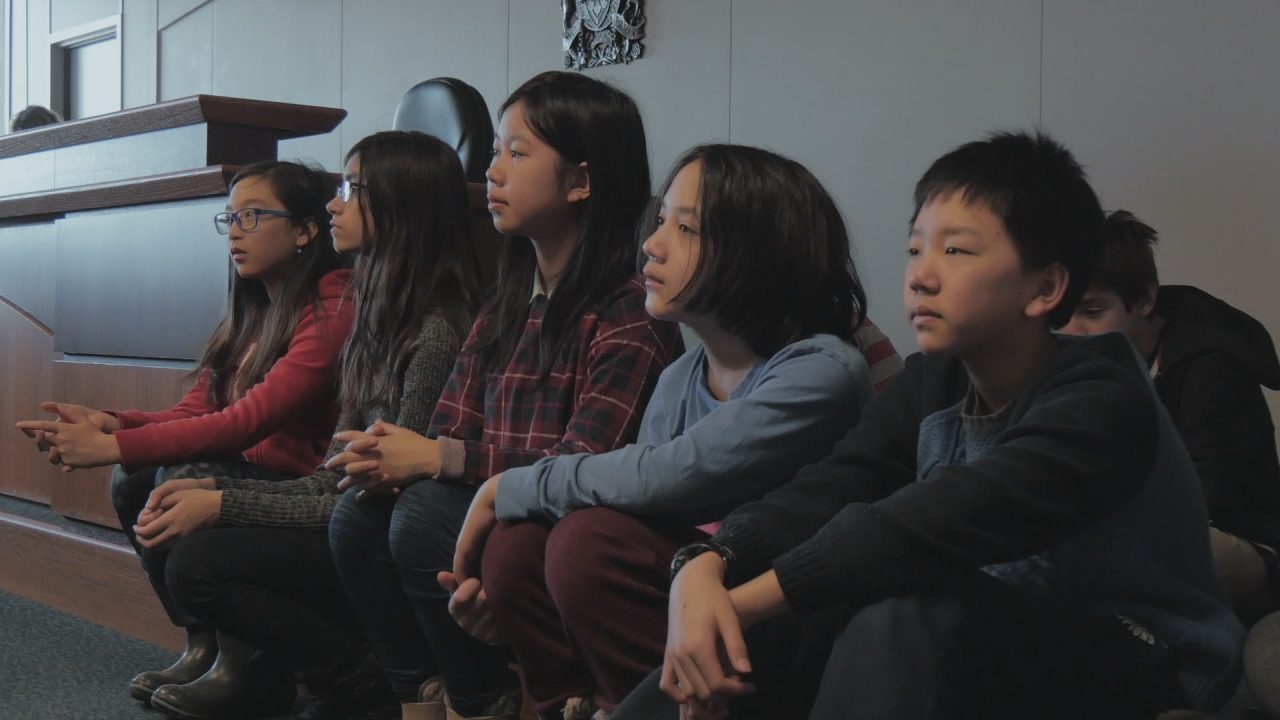
A coffee shop chat with filmmaker Paul Cowan
A coffee shop chat with filmmaker Paul Cowan
Paul Cowan is a Canadian filmmaker who spent many years working at the NFB. He retired from the Film Board in 2009, after directing Paris 1919, a film adaptation of Margaret MacMillan’s Peacemakers: The Paris Peace Conference of 1919 and Its Attempt to End War.
Cowan’s NFB career was prolific and celebrated. His film Going the Distance, about the 1978 Commonwealth Games, was nominated for an Academy Award (for Documentary Feature), he won a Genie Award for his documentary Westray, on the Westray Mine disaster, and was cinematographer on the Oscar-winning Flamenco at 5:15, among many other great distinctions.
I recently met Paul Cowan in a Westmount coffee shop for a quick chat. Here is some of what we talked about.
Carolyne Weldon: What is your earliest memory of the NFB?
Paul Cowan: I was in high school, I guess. In class. They used to show these awful NFB films on a 16mm projector. The kids hated it, it was like forcing them to eat broccoli for dinner. But teachers chose the films carefully, they believed in them. Me, I loved them all. Even the bad ones. I loved them because they were about something real. You couldn’t see images of foreign places back then – images of strange, or different, professions and people. I was always drawn to documentary. That feeling never left.
CW: How did you end up working at the NFB?
PC: I went film school in California, at Stanford. Not long after that, I started working on low-budget feature films in LA. Back then they used to call these films “tits and terror” films. They were feature films basically made for the Southern drive-in circuit. The way it worked is that if you kept your entire production budget under half a million dollars, the unions would let you hire professional actors for very cheap. I got into that, lost money. It was fun.
I liked the idea of Hollywood back then. That Hollywood state of mind. But I realized at that time that Hollywood wasn’t everything. I was still drawn to documentary, so I tried to get a job at the Film Board. I went to Colin’s [Colin Low’s] house and told him about my recent work, with those “tits and terror” films. He was not impressed. So I went back to Hollywood. It was only later yet that I met Giles Walker. He was working on The Sword of the Lord, at the time, that film about the Canadian Olympic ski team, the Crazy Canucks. It was those years right before the 1976 Montreal Olympics, and there was a lot of money to make movies about sports, showcasing the Olympics. So I told Giles Walker that I knew someone who could both ski and shoot: myself. And so that’s how it started. Later, Jacques Bobet, at French Program hired me to direct Coaches. That was it.
CW: You worked at the NFB’s Montreal headquarters, where I now have an office. What was it like back then?
PC: There was a lot more money. Producers were bouncing off the walls. Money was bouncing off the walls. The NFB still gave young filmmakers with good proposals a chance. Montreal was fun, the NFB was fun. We were working in 16mm; it was very unique. Remember, this was before videocassette. It’s hard to imagine that now, now that every Bob, Dick and Harry owns a video camera…
First it was really exciting because film was exciting. We were doing things that nobody was doing. Second, the French-English conflict at the NFB was exciting. It’s hard to imagine that now, but French Program used to be a hotbed of nationalists and lefties. There were a lot of tensions. After the First Referendum, the two sides stopped talking to each other for a number of years – completely. You couldn’t mix crews. It was very tense. It didn’t so much affect me, personally, as I could work on both sides, but the conflict in itself was stimulating. It was a tremendous place to be.
CW: Talk about your role as an NFB filmmaker. Were you free to choose your own topics? Looking at your films, you’ve touched on so many issues, from sports, to WWI, the Canadian army, car crashes, the porn industry…
PC: Working for the Film Board did not guarantee you would be making the film you wanted to make, but it would guarantee you were making films. You would still need to go in front of a committee. But as long as I came up with something they liked I could make films pretty about much anything. Me I just wanted to make films. I wanted to make one film, and then another. It was wonderful. I was like a dream come true. The place was jumping and crawling with filmmakers. There were so many opportunities.
CW: What are some of the biggest differences you noticed between when you started working at the NFB and when you left?
PC: Obviously the difference is money. But you can’t compare the two eras. One isn’t “better” than the other. And honestly, they couldn’t reproduce the old model even if they wanted to. TV is so prevalent these days, and DVDs… Also, there are so many young independent filmmakers and freelancers out there, whom wherever they learned their trade, are fully competent. They don’t need the Film Board as a school anymore.
I liked the years I was in, I’m sure the filmmakers now like the years they’re in now. You know, as long as you get to make films. Back then, you were bringing people to a world they didn’t have access to. That doesn’t happen anymore. You truly need to have a unique vision today. Back then you just needed to find a way to get there and get back.
CW: What are you working on now?
I’m working on a film about Palestine. It’s a hybrid documentary/animation film that I’m doing in collaboration with a Palestinian animator. It’s about a herd of cows.





quite an impressing life